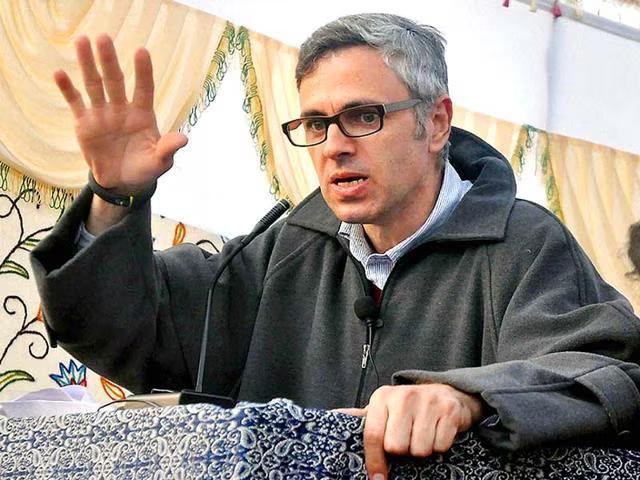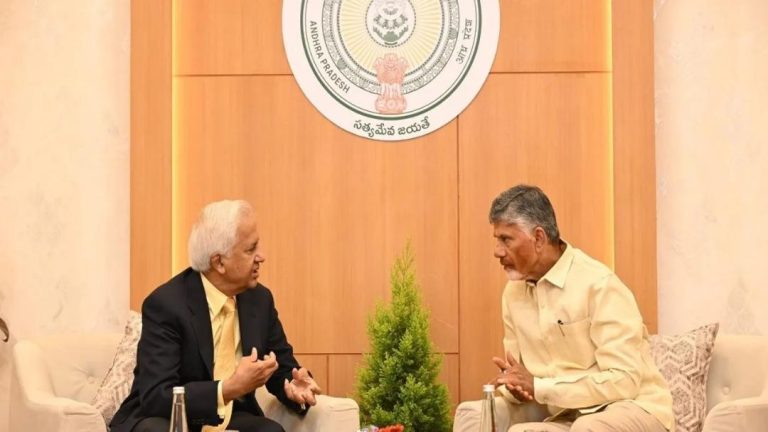
US Doesn’t Care About Any Other Country: J&K CM Omar After Trump-Pak Army Chief Lunch
The recent lunch hosted by US President Donald Trump for Pakistan army chief General Asim Munir has sparked a heated debate, with many questioning the timing and implications of the meeting. Amidst the controversy, Jammu and Kashmir Chief Minister Omar Abdullah has weighed in on the issue, making some scathing remarks about the US’ priorities.
In an interview, Omar Abdullah expressed his disappointment and frustration with the US President’s decision to invite the Pakistan army chief for lunch. “We can’t dictate to the US President whom he should invite for dinner…We used to think the US President was our close friend, and he’d respect that, but the US does what benefits them, they don’t care about any other country,” he stated.
The statement is a stark reminder of the complex and often tumultuous relationship between the US and other countries. The US has historically been a major player on the global stage, with its actions and decisions having far-reaching consequences for other nations. However, Omar Abdullah’s comments suggest that this influence is not always used for the benefit of others, but rather for the advancement of American interests.
The meeting between Trump and General Munir has been seen by many as a significant development, particularly in the context of the ongoing peace process between the US and Taliban. Pakistan has long been seen as a key player in this process, and the Pakistan army chief’s visit to Washington is believed to have been a significant step towards building trust and cooperation between the two countries.
However, the timing of the meeting has raised eyebrows, with many wondering why Trump chose to host the Pakistan army chief just days after India’s Prime Minister Narendra Modi was in Washington. The visit was seen as a significant diplomatic success for India, with Modi and Trump discussing issues such as trade, terrorism, and defense cooperation.
Omar Abdullah’s comments suggest that the US is not as invested in India’s success as it once was. The Jammu and Kashmir Chief Minister’s party, the National Conference, has traditionally been close to the US, with many party leaders having received education and training in the country. However, Omar Abdullah’s remarks suggest that this relationship is no longer as strong as it once was.
The US-Pakistan relationship has long been a complex and contentious issue, with many questioning the country’s decision to cozy up to a nation that has been accused of supporting terrorism and undermining regional stability. The meeting between Trump and General Munir has only added to these concerns, with many wondering whether the US is willing to turn a blind eye to Pakistan’s actions in order to advance its own interests.
Omar Abdullah’s comments have also sparked debate about the role of India in the region. The Jammu and Kashmir Chief Minister has long been a vocal critic of Pakistan’s actions in the region, and his party has been a key player in the Kashmir conflict. However, his remarks suggest that the US is not as invested in India’s success as it once was, and that the country is willing to prioritize its relationship with Pakistan over its ties with India.
The meeting between Trump and General Munir has also raised questions about the role of the US in the region. The country has long been seen as a key player in the region, with its military presence and diplomatic influence shaping regional dynamics. However, Omar Abdullah’s comments suggest that the US is no longer as invested in the region as it once was, and that it is willing to prioritize its own interests over the interests of other countries.
In conclusion, the meeting between Trump and General Munir has sparked a heated debate about the US’ priorities and the complex relationships between the country and other nations. Omar Abdullah’s comments suggest that the US is not as invested in the success of other countries as it once was, and that it is willing to prioritize its own interests over the interests of others. The implications of this are far-reaching, and will likely have significant consequences for regional dynamics and global stability.






